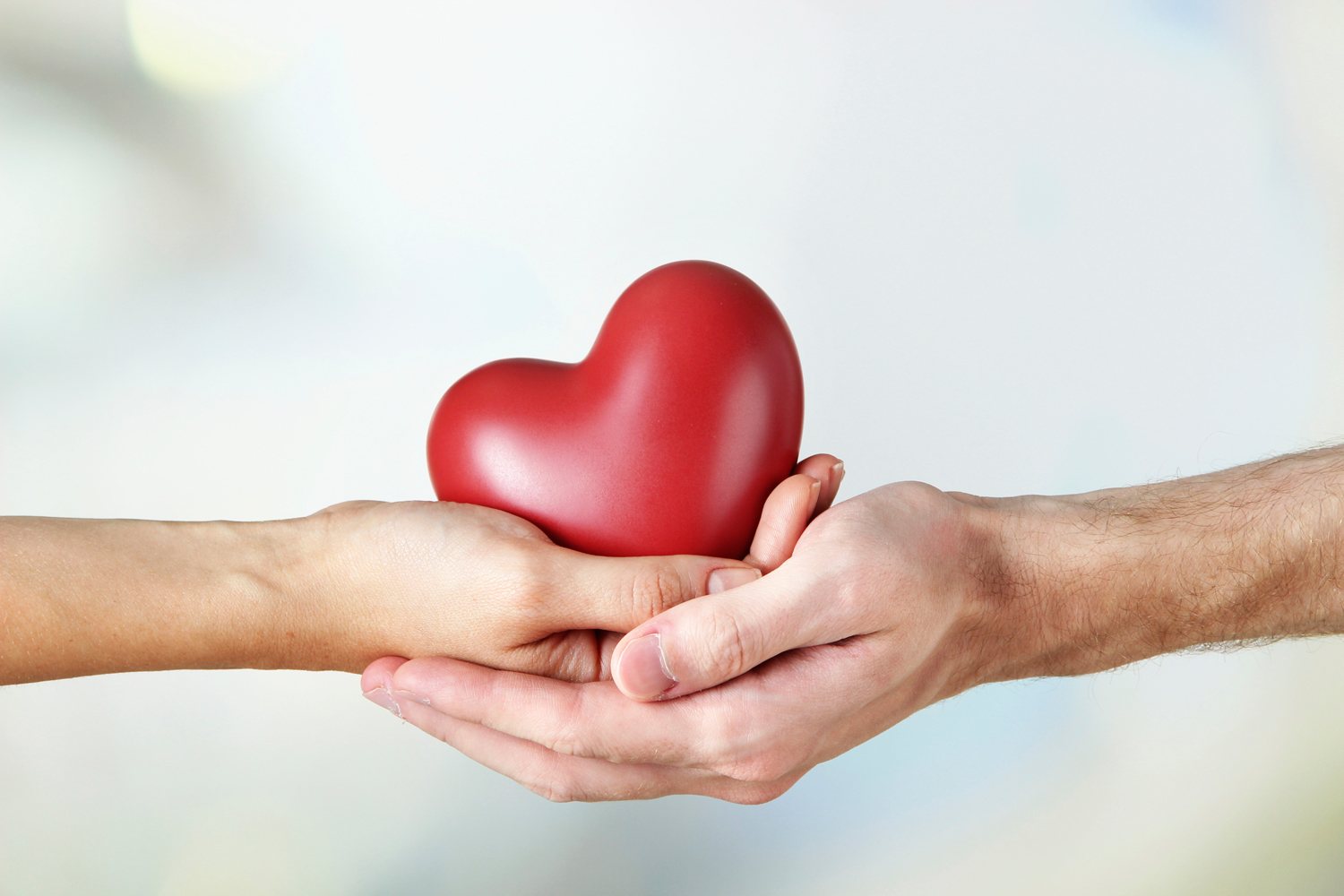Organ donation
saving Lives
Every day, lives are saved and improved by the gift of life, sight and health
This year alone over 116,000 candidates are on the waiting list and over 26,000 transplants have been performed from over 12,000 donors.
22 people die every day while waiting for a transplant
1 organ donor can save 8 lives and change the lives of more than 50 people
Almost anyone can be an organ donor, regardless of age or medical history
All major religions in the U.S. support organ donation
Donors can still have open casket funerals
Organ donation doesn't cost the donor's family any money
Organ donation is only considered after a patient has died. If a person is hospitalized, the medical staff provides the best possible care, regardless of organ donor status.
Donors are needed for all races and ethnic groups. Transplant success rates increase when organs are matched between members of the same ethnic background. People in their 80’s and 90’s have successfully donated kidneys and livers to save the lives of others
Organ transplantation is necessary when an organ fails or is damaged by either disease or an injury. Organ donation takes healthy organs and tissues from one person for transplantation into another -- the recipient. People of any age can donate and the organs / tissues include: bone and bone marrow, connective tissue, cornea, heart, heart valves, kidneys, intestines, liver, lungs, middle ear, pancreas and skin. The donor’s medical condition at the time of their death will determine what organs can be donated for either transplant or scientific research. HIV and active cancer typically exclude people from donating their organs.
If you wish to become a donor consider the following:
Joining a donor registry
Speaking with your primary care physician
Letting your family know
Carrying your donor card in your wallet
If you are in need of a transplant:
Visit a transplant hospital (see www.unos.org) for an evaluation to see if you meet the criteria. Every transplant hospital is a member of the United Network for Organ Sharing (UNOS) which manages the distribution of organs in the U. S. UNOS is responsible for the Organ Procurement and Transplantation Network and the UNOS Organ Center which matches donors to recipients.
If you are a good candidate, you will be added to the national waiting list.
Organs are donated locally first, but if no match is found then they are offered regionally and then nationally.
Matches are based on the medical compatibility between the donor and the recipient (blood type, weight, age…), the recipients urgency of need and the length of time on the waiting list.
You can be on the waiting list at more than one transplant hospital.

